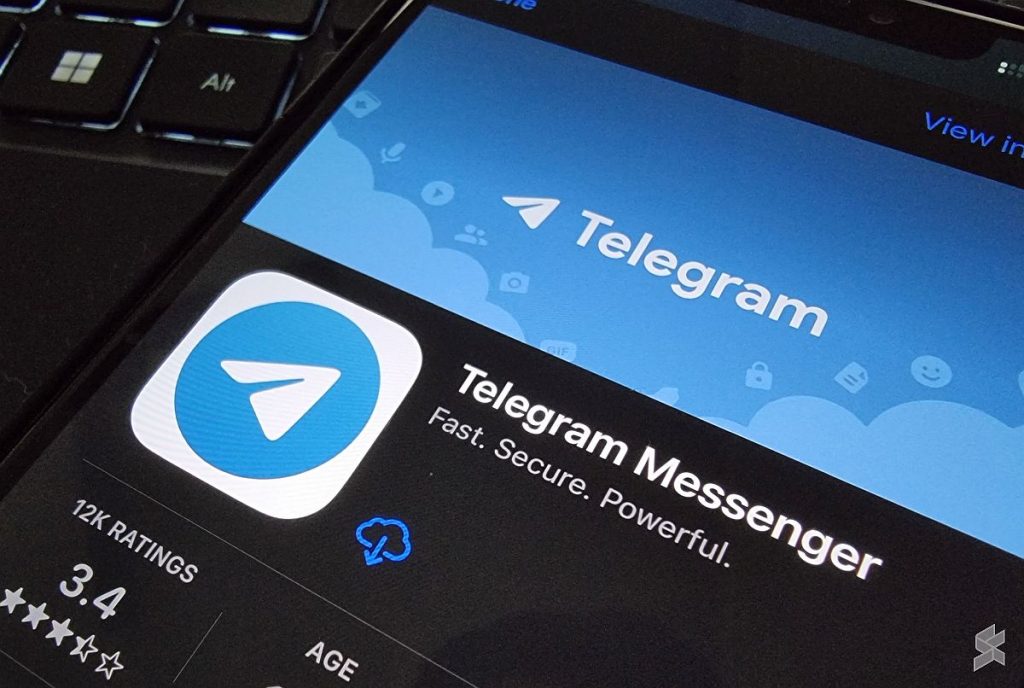After being snubbed by Telegram, the Malaysian Communications and Multimedia Commission (MCMC) is looking at drastic action towards the instant messaging platform to tackle scams and cyberthreats. During an interview on RTM, MCMC’s Chief Regulatory Officer Zulkarnain Mohd Yasin shared that Malaysia is considering measures similar to what is being implemented in other countries.

As highlighted recently by Communications and Digital Minister Fahmi Fadzil, Telegram was ‘unwilling to cooperate‘ with the government to tackle scams, pornography and illegal drug sales. A Telegram representative responded that they refused to cooperate with Fahmi’s ministry as the platform didn’t want to participate in “any form of political censorship”.
According to Zulkarnain, MCMC has no direct contact with the administrator for compliance or a legal team at Telegram. The only option to raise a complaint is through a group of volunteers to assist with a takedown request.
He stressed that the issue isn’t about politics or curtailing freedom of speech, but cyberthreats which are a huge concern. He said back in 2019-2020, Telegram was ranked #11 when it comes to platforms used for online criminal activities but today, they are ranked top 5 which is worrying. He said cybercriminals are using Telegram as their mainstream platform to run their activities.
Although there’s a lot of education about cybersecurity and online cams, the number of victims and incidents keeps increasing. He said one click by a victim can cause a lot of damage. To make matters worse, cybercriminals are using bots on Telegram to automate their cyberattacks. Besides educating the public, there’s a need to consider drastic actions to make Telegram come to the table. Whatever action the government intends to take, it is to protect Malaysian users.
He added the issue is also about sovereignty as these platforms are providing their services in Malaysia but they do not respect our laws. The MCMC also acknowledges that there are a lot of positive uses for Telegram, however, there are other alternatives that can be used to deliver messages and for online collaboration.
Cyberthreats and scams on online platforms are a huge concern. Besides Telegram, Meta which operates Facebook and Instagram, is also not doing enough to curb scam ads on their platform. With online advertising being their main revenue generator, Meta has constantly approved scam ads which can be prevented via basic checks and if there’s a local moderation team based in Malaysia. Any entity which makes money from Malaysian users must also be held responsible for allowing scam ads which cause untold amounts of losses to victims.
Fahmi has recently called upon the MCMC to take appropriate measures to tackle scam ads after Meta approved scam ads which misused his photo for a purported scam investment programme. MCMC said it is currently reviewing the self-regulatory framework and calls for intervention to punish platforms that allow scam ads in Malaysia. At the moment, MCMC has limited powers to act on Meta and Telegram as current policies are ineffective for platforms hosted overseas. However, it does have the power to ban an entire platform as it did to Steam back in 2017.
As shared by Deputy Communications and Digital Minister Teo Nie Ching, a total of 744 reports on online scams on Facebook have been reported this year until 25th May. This is followed by Telegram with 17 cases, WhatsApp with 16 cases, Instagram with 7 cases and one by email. Commenting on Telegram’s refusal to cooperate, Teo said the intended meeting was not of a political nature or to interfere with freedom of expression, but to establish cooperation in curbing criminal activities.
0 comments :
Post a Comment